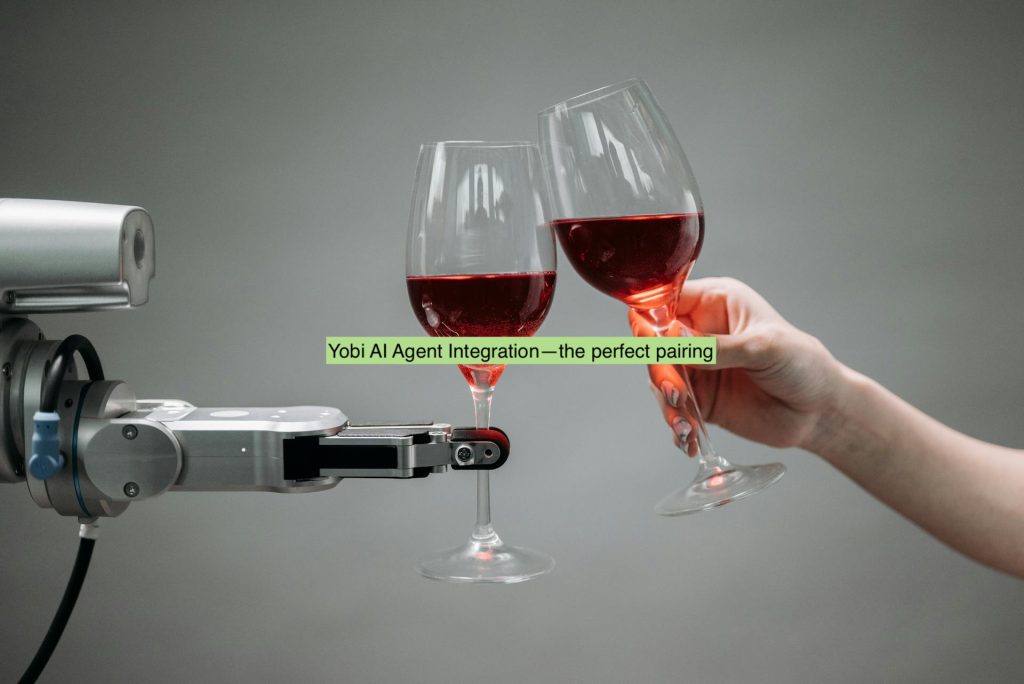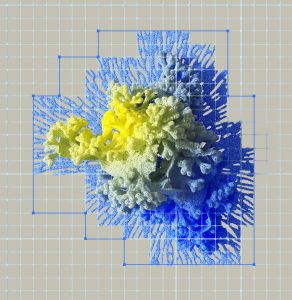Artificial intelligence agents are moving quickly toward enterprise adoption. Gartner projects that by 2025, AI agents will be among the top technology trends, performing many enterprise tasks with minimal human involvement.
In a May 2025 Gartner webinar poll of 147 CIOs and IT leaders, 24% said they had already deployed a few AI agents, while 4% reported deploying more than a dozen.
Investors are taking notice. Startups focused on AI agents have attracted more than $2 billion in funding to date, and one in four companies is expected to have pilot programs running by the end of the year. Analysts anticipate a growing demand for solutions that integrate seamlessly into business workflows, rather than operating as standalone products.
Table of Contents
ToggleIntegration Challenges Slowing Enterprises
Despite the interest, integration is proving to be one of the most significant hurdles for enterprise AI adoption. Salesforce’s Connectivity Report notes that 80% of businesses cite data integration as a primary obstacle to growth. Many organizations run on multiple vendor platforms and legacy systems that do not easily share data or support new automation.
When AI agents are deployed in isolation, they often fail to deliver full value. Disconnected systems can lead to duplicate processes, increase IT overhead, and complicate compliance efforts. For many enterprises, this means AI adoption is not just about building better models but about redesigning how those models connect to existing systems and workflows.
Yobi’s Approach to Integrated AI Systems

Yobi, founded in 2018 by Ahmed Reza, addresses pain points by developing AI technology designed to work across organizational functions rather than in silos. The company began with AI-powered communication tools and has since expanded its focus to systems that help coordinate tasks, share data, and support decision-making at scale.
“We built Yobi on the belief that AI could transform how organizations operate,” said Reza. “The focus has always been on creating tools that work together, helping companies manage complexity rather than adding more disconnected solutions.”
Yobi’s development strategy emphasizes measured progress, prioritizing foundational technology and integration over rapid feature releases. This aligns with emerging market thinking, as McKinsey highlights the integration of agentic AI and workflow transparency as key drivers of long-term enterprise impact.
Organizational Design and Human-AI Collaboration
In addition to its technology work, Yobi has invested in studying how AI agents can function as collaborative partners rather than fully autonomous replacements. This includes examining how human oversight should be built into workflows and how AI systems can adapt to evolving team structures.
McKinsey research indicates that AI agents necessitate more profound organizational changes than traditional AI tools, often involving revised business processes and cross-departmental collaboration. Yobi’s focus on organizational design aims to help companies address these challenges early in their AI journeys.
Market Outlook
As AI agents become increasingly capable, enterprises will seek solutions that integrate seamlessly with existing ecosystems and support both desktop and mobile work environments. Industry observers anticipate a trend toward unified systems capable of continuous learning and adaptation, with integration emerging as a key differentiator for technology providers.
Reza believes Yobi’s deliberate approach puts it in a strong position to meet the demands of enterprises. “We’ve taken time to ensure our technology delivers measurable value,” he said. “As capabilities advance, the goal is to show how AI can reshape core business operations, not just individual tasks.”
For businesses and investors tracking the next stage of enterprise AI, integration and organizational design are becoming as important as the AI technology itself, a trend that companies like Yobi are positioning themselves to meet.
Featured image Pavel Danilyuk; Pexels
















